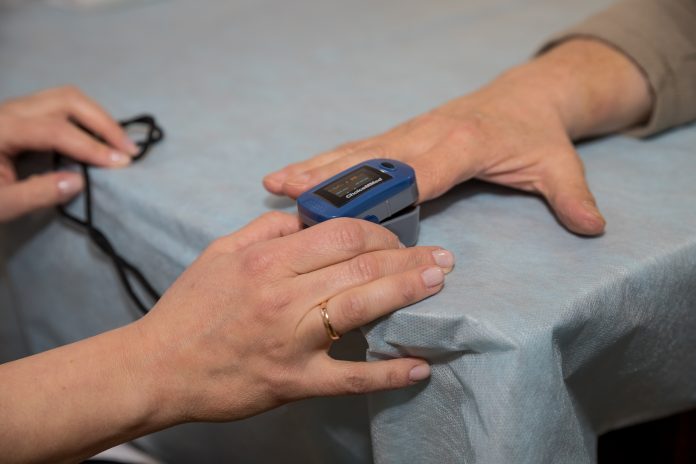According to new data, even young COVID patients have increased oxidative stress – a factor connected to ageing, diabetes and HIV
Young COVID patients, alongside all other ages of hospitalised people, have been found to experience oxidative stress. In a comparison with those of the same age, who had not been hospitalised, those with COVID showed increased levels of oxidative stress and damage.
Firstly, what is oxidative stress?
Oxidative stress results from the accumulation of free radicals, highly reactive molecules that can damage cells, membranes, lipids, proteins and DNA.
Cells in the body make glutathione to protect themselves from oxidative stress. When cells fail to neutralise free radicals, harmful damage can occur and potentially affect many physiological processes by attacking at a cellular level.
COVID diagnosis and oxidative stress
The research team worked with 60 participants, 25 women, 35 men. The team measured the levels of oxidative stress, oxidant damage and glutathione in the patients’ blood samples and compared them with those from healthy individuals.
Three different groups
The researchers organized the samples in three different groups, according to the age of the COVID-19 patients:
- The 21- to 40-year-old group,
- The 41 to 60 group;
- And the 61 and above.
In a previous study, it was found that in healthy adults, the levels of oxidative stress, oxidative damage and glutathione remain stable until people enter their 60s. Oxidative stress and oxidative damage begin to increase and glutathione to decline, around this time.
However, COVID-19 infection changed this pattern.
“A number of conditions”
“Increased oxidative stress and reduced glutathione levels are associated with a number of conditions including ageing, diabetes, HIV infection, neurodegenerative disorders, cardiovascular disorders, neurometabolic diseases, obesity and others,” said corresponding author Dr. Rajagopal Sekhar, associate professor of medicine in the section of endocrinology, diabetes and metabolism at Baylor.
“We suspected that COVID-19 also might be affecting oxidative stress and glutathione, and in this study we confirmed this in adults hospitalized with COVID-19. We found that these defects occur in all adult age groups including young people, and worsen with increasing age.”











